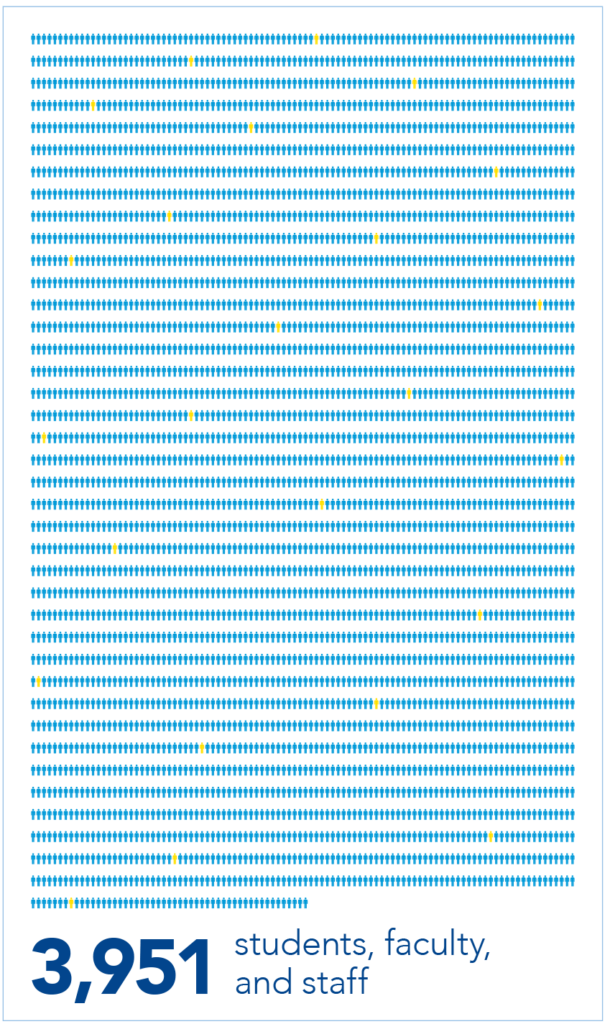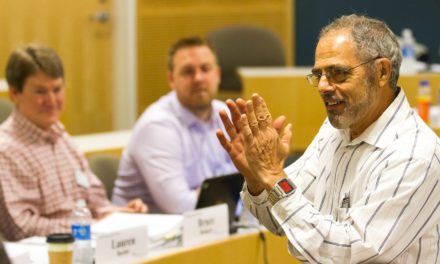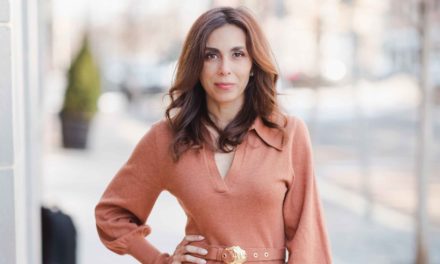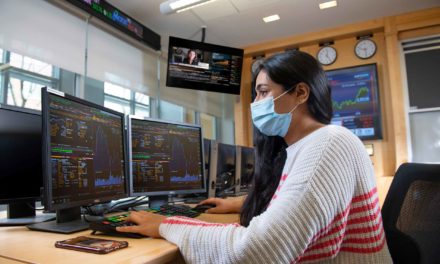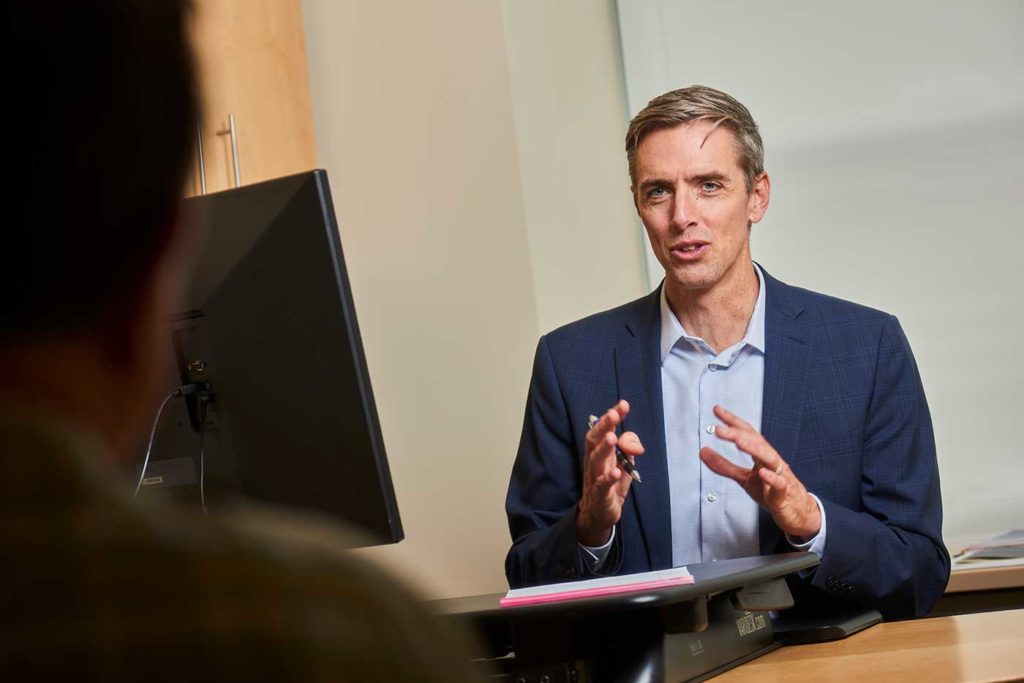
By Andy Elder and Anne Louise Cropp
An interdisciplinary approach to teaching sustainability
For three years, a team of Penn State Smeal faculty members worked to define what business students need to learn about sustainability. In the process, they hope to define a new standard for business education globally.
Last year, these efforts resulted in an online knowledge center that is accessible to Smeal students and faculty as well as other business schools. Titled Major Sustainability, the resource shows students how they can apply business sustainability to their major and their future.
“The current climate has shed a light on the importance of social responsibility, including sustainability, in business,” says Erik Foley, director of the Penn State Smeal Center for the Business of Sustainability. “The hope is that this groundbreaking work serves as inspiration for other business schools to integrate sustainability across all disciplines.”
Foley aims to encourage the Association for the Advancement of Collegiate Schools of Business (AACSB) to adopt this as a standard, like Generally Accepted Accounting Principles. GAAP are a collection of commonly followed rules and standards for financial reporting.
“Corporations would then think about sustainability as a part of their structure and operation, and guide how they manage financial, social, and environmental risks and opportunities to ensure resiliency over time,” he says. Research shows that sustainability has positive impact on the bottom line when it is incorporated into core business strategy.
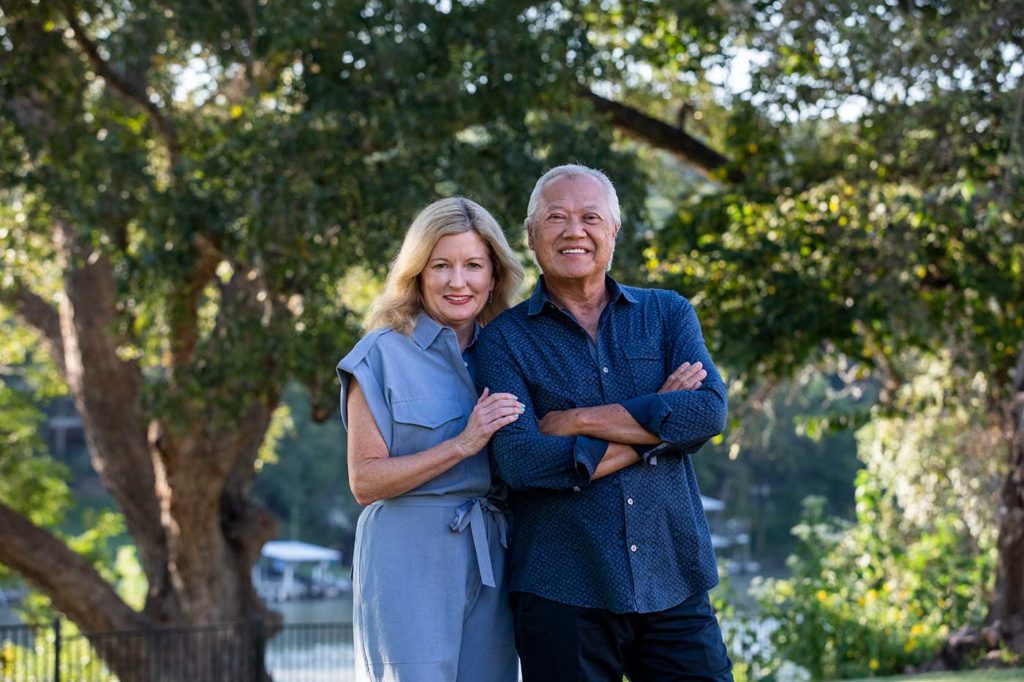
Karen and Tony Quintos support diversity programs at Smeal.
Penn State Smeal alumna Karen Hughes Quintos and her husband, Tony, have long considered the role higher education can play in preparing students to create a more equitable and just future. Last fall, the couple made a $1 million commitment to the college to advance that purpose.
Jamie Campbell, Smeal’s assistant dean for diversity enhancement programs, says the Quintos’ gift is helping his team fulfill the department’s mission to create a diverse learning community and to foster a welcoming climate for everyone — from students to employees.
“While the need for financial assistance remains our highest priority, Karen and Tony have positioned us to create opportunities to engage with our students and employees in new and exciting ways. With their support, we can not only alleviate some of the financial pressure our students feel, but we can also develop and enhance programs that support our culture of diversity and inclusivity,” he says.
Quintos has also been working with Smeal’s leadership to cultivate a more welcoming and inclusive culture. Leveraging her connections at Dell Inc., where she was chief customer officer until her retirement in 2020, Quintos identified an opportunity for Smeal to bring a version of Dell Technologies’ diversity training to the college.
The current vice chair of the Smeal Board of Visitors, Quintos said she found the training to be pivotal during what she called “a challenging summer” in 2020.
“I saw how important it was to have an open dialogue around difficult topics, like race, and to create a safe haven for everyone,” she says.
Dean Charles Whiteman says he hopes others will also step forward to champion Smeal’s work around this core priority for the college.
“The Quintos’ gift will help Smeal differentiate itself from other business schools, but our work is just beginning,” he says.
Inaugural Tarriff Center Advisory Board to help actively guide strategic planning
In just its second year, Smeal’s Tarriff Center for Business Ethics and Social Responsibility continues to expand its impact.
To help shape initiatives and engagements, an inaugural advisory board has been seated. The initial members include:
Harry Barfoot III,
retired after 40 years of service in technology and K-12 education services
Dawn Budd-Abramovitz,
assistant treasurer of Education Testing Services
Jeff Douville,
director of global transportation at Stanley Black & Decker
Jason O’Neill,
chief operating officer of LiveHelpNow and HelpSquad
Frederik Wenzel,
president and CEO of Schuetz Container Systems Inc.
“Our five board members will actively guide strategic planning of the center and engage with students and other stakeholders as initiatives are created and revised,” said Michelle Darnell, director of the Tarriff Center. “They will also work to build opportunities for collaboration with other advisory boards across Smeal, alumni, corporate partners, and other friends of Smeal.”
The board members have already demonstrated their eagerness to engage the Smeal community in a variety of initiatives, including speaking with students and participating in webinars to engage a broader audience.
“Each member provides a specific skillset that will advance the important work of the Tarriff Center,” Darnell said. Their collective years of professional experience and demonstrated leadership in matters of ethics and social responsibility will prove incredibly valuable as the center’s sphere of influence grows. We’re excited by the possibilities.”
How Smeal worked to make business better in 2020-21
Efforts to create a more diverse, welcoming environment:
Development of the Smeal Diversity Statement
Creation of a Diversity Talent and Acquisition Toolkit for managers
12 Webinars and education programs
28 Participants in an Intercultural Development Inventory
Introduction of the Smeal Minority-Owned Business Network, which will afford more opportunities for alumni whose businesses are classified as Black-American, Hispanic-American, Native-American, Asian-Pacific-American and Asian-Indian-American owned to become more involved in the University’s procurement program.
Efforts to accelerate the integration of sustainability into business:
$20,160
in Research grants awarded by the Smeal Center for the Business of Sustainability
$161,885 in Gifts and Sponsorships received by the Smeal Center for the Business of Sustainability
Enrollment in Smeal’s Business Sustainability Strategy (BSS) graduate certificate: 164
Enrollment in sustainability-focused undergraduate courses: 1,998
Enrollment in a three-day executive program on “Building a Sustainable Supply Chain”: 161
